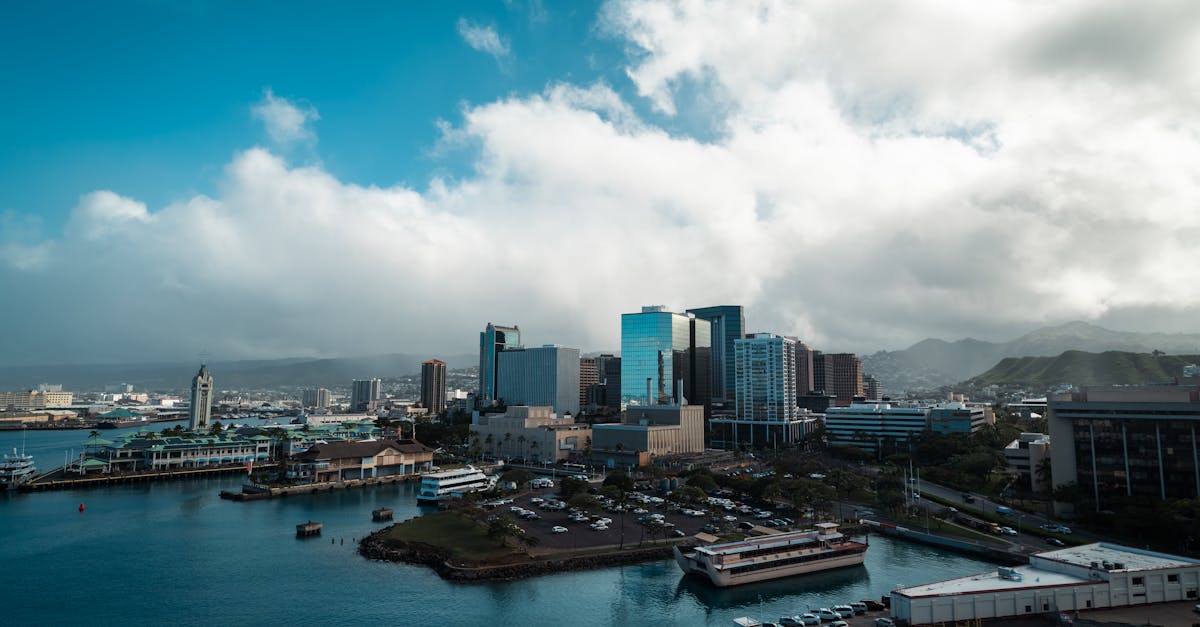The prolonged U.S. government shutdown has entered its fourth week, casting a shadow of uncertainty over Hawaii's business landscape. The stalemate in Washington, D.C., stems from disagreements over a stopgap spending bill, with Senate Democrats insisting on the extension of Affordable Care Act (ACA) tax credits. These credits, crucial for households earning up to 400% of the federal poverty level, are particularly vital in Hawaii, where the cost of living is significantly higher than the national average.
The core of the conflict revolves around the future of these health insurance subsidies. According to a recent analysis by NPR, the ACA plans are at the center of the shutdown fight, and without action from Congress, premiums are likely to rise. This could lead to individuals dropping their coverage for 2026. This situation could affect a large segment of the population, adding financial pressure on many Hawaii families with business owners, professionals, and employees.
The standoff poses several challenges for Hawaii's entrepreneurs and investors. Reduced consumer spending, stemming from the economic uncertainty, could impact local businesses across various sectors, especially in the tourism and hospitality industries. Furthermore, delays in federal funding for key infrastructure projects and research grants could impede progress and growth in critical areas for the state's economy. The delay is further compounded by the looming expiration of the ACA funding and the potential for premiums to increase when open enrollment begins on November 1st, potentially further squeezing small businesses and consumers.
The situation's complexity is further highlighted by a recent Harvard Kennedy School analysis that explores the impact of the subsidies and the ongoing disagreement. USA Today also noted that state health insurance commissioners warned of premium increases. For Hawaii businesses, this uncertainty requires careful planning and strategic financial management to navigate potential economic headwinds.



